Description
This book addresses the epistemological, ethical and methodological challenges faced by African scholars in their research practices. The epistemological domain addresses three interrelated topics: how African university students’ ethnocentric choice of research topics hampers the production of knowledge; researchers’ adaptation of their research methods to improve validity; and the challenge of knowledge production on community museums plagued by gross inertia, irregularities, uncooperative gatekeepers and inadequate funding. The methodological domain foregrounds issues around scientific rigour, the criteria for what counts as quality research, and reporting standards. Contributors contend that the use of mixed methods provides the best scope for the effective study and evaluation of social issues. They also detail how better-funded projects tend to improve the respect of ethical standards especially as they pertain to the protection of subjects’ confidentiality. Self-financed researchers on the other hand tend to be less compliant, a challenge that afflict especially younger and inexperienced researchers. This volume thus contributes not only to a critical understanding of the challenges faced by social scientists in contemporary Africa, but also the prospects and mechanisms on how to improve knowledge production processes.
Praise for “Knowledge Production in the Social Sciences in Africa”
“…in their contributions to this volume, this relatively young generation of scholars is making the point that practice should not just go on in some mechanical fashion. Professional practice should always be accompanied by a reflection on the practices, the nature of the practice (epistemology and methodology), the question of proper practice (ethical/axiological), and the objects…. This book is an invitation to others – indeed all of us – to continue in the same direction and an interrogation on our own work as producers of knowledge and to whom the society looks up to provide enlightenment.”
— Emmanuel Yenshu Vubo
Professor of Sociology, University of Buea & Member of the Cameroon Academy of Sciences
Contents
Foreword by Emmanuel Yenshu Vubo
Introduction Générale par Ibrahim Bienvenu Mouliom Moungbakou
Chapitre 1 : Lieux d’origine, choix de sujets de recherche et effort de distanciation par Luc Stéphane Massoma
Chapter 2 : The Challenges of Studying Poverty: Its Methodological Dynamics and Applicability in the Douala Metropolis of Cameroon by Robert Nanche Billa
Chapter 3 : Inventorying and Cataloguing Cameroon’s Community Museums by Victor Bayena Ngitir
Chapitre 4 : Musées communautaires au Cameroun : remembrement et repositionnement épistémologique par Hugues Heumen Tchana
Chapter 5 : Essential Guide to Thesis and Dissertation Writing in the Social Sciences: Putting Scientific Methodology in Context by Margaret Besin-Mengla Mendong
Chapitre 6 : Les méthodes mixtes dans la recherche-intervention en Sociologie : le cas de l’approche qualimétrique dans l’évaluation de la performance organisationnelle par Paul Basile Odilon Nyet
Chapitre 7 : Tribulations des méthodes de recherche en Sciences Sociales et consolidation du continuum quantitatif/qualitatif par Paulette Mappi Dzukou & Michel Oyono Tadjuidje
Chapitre 8 : Respect de l’éthique de la recherche en Sciences Sociales dans les universités camerounaises : règles, contraintes et stratégies des chercheurs par Ibrahim Bienvenu Mouliom Moungbakou
Chapitre 9 : Le consentement éclairé dans la recherche en Sciences Sociales : exigence éthique et atout méthodologique par Yadji Mana
General Conclusion : Knowledge Production in the Social Sciences: An interrelationship between the epistemological, ethical and methodological dimensions by Robert Nanche Billa



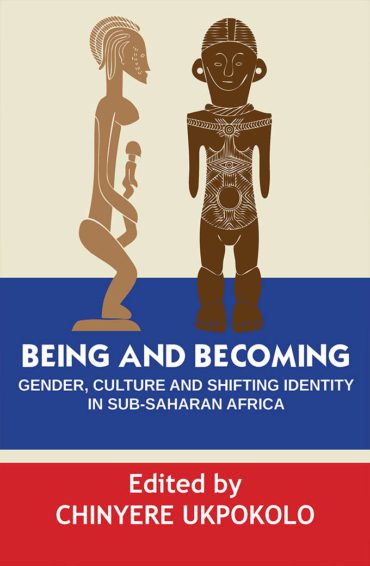
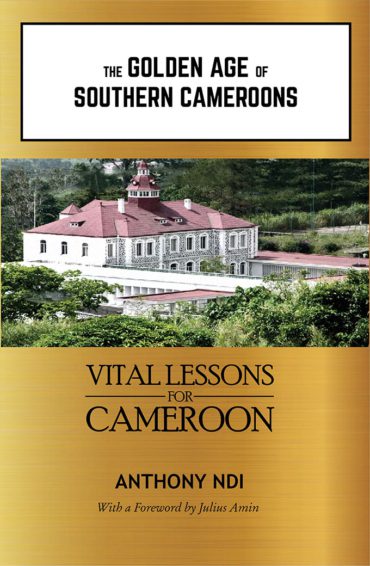
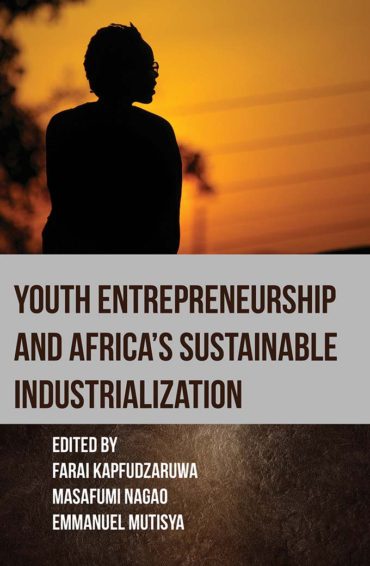
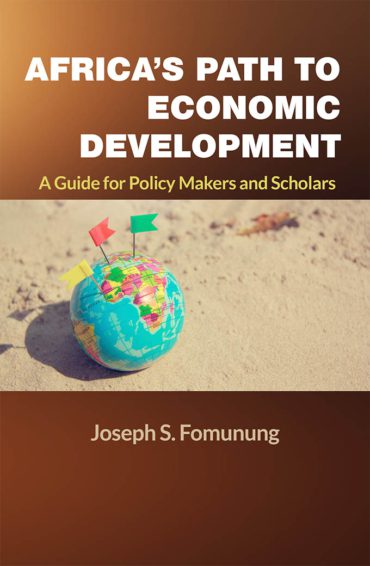
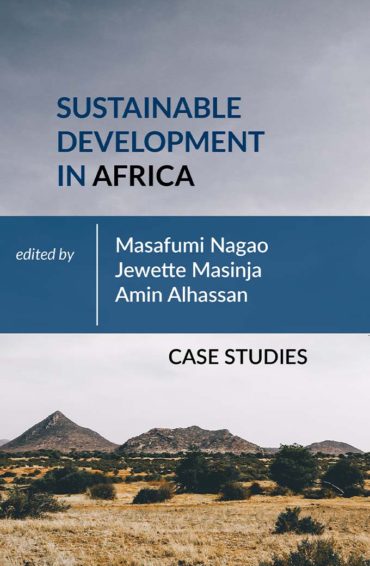


Reviews
There are no reviews yet.